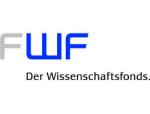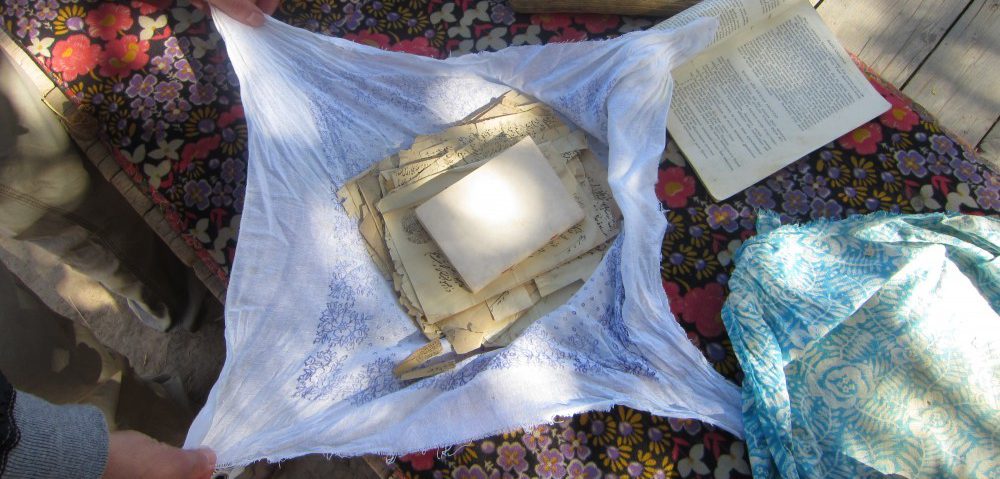When studying the history of modern Central Asia we are confronted from the outset with an inescapable challenge. The challenge is this: how do we most usefully elicit meaning from the collections of records preserved in the archives of the Muslim principalities that ruled over the region prior to the Russian conquest?
With this project we attempt to explore how the production and the preservation of these texts primarily reflect the logics of what we term a ‘culture of documentation.’ What we mean by culture of documentation inheres in a mesh of chancery practices and record-keeping activities at the state-level. A culture of documentation primarily manifests itself in the output of texts which were conceived of as items of bureaucratic consumption. If we do not attempt to understand the purposes for which Central Asian bureaucracies kept archives, we simply risk our misrepresenting the function of the records we find therein.
The body of sources that I propose to take as a case-study is called the ‘Archive of the Khans of Khiva and is one of the richest and best preserved collections of records from Central Asia dating to the period prior to the Russian conquest. When Khiva capitulated to the Russians in 1873, the archive was collected and carted off to St. Petersburg. There it lay forgotten throughout the Soviet period; a fact which ensured that the collection would remain more or less intact.
The aim of this project is to understand the purposes for which the Khivan chancellery produced and preserved an ‘archive.’ To achieve this aim, we propose to apply a holistic approach which consists of studying the collection in its entirety. This approach assumes that all of the texts contained in the collection may reflect a specific utilitarian purpose by dint of their preservation in the royal chancellery. That is to say that, it seeks to consider how each and every text within that repository is somehow representative of the forms of governance adopted by the local dynasty (the Qunghrats). The ambition of this project is, thus, to move away from the usual ‘extractive’ approach to Islamic archives in general as a way to mine a corpus of data.This research project is funded by the Austrian Science Fund (FWF – START Program Y70 4) for the period 2014-2019 .
4) for the period 2014-2019 .

